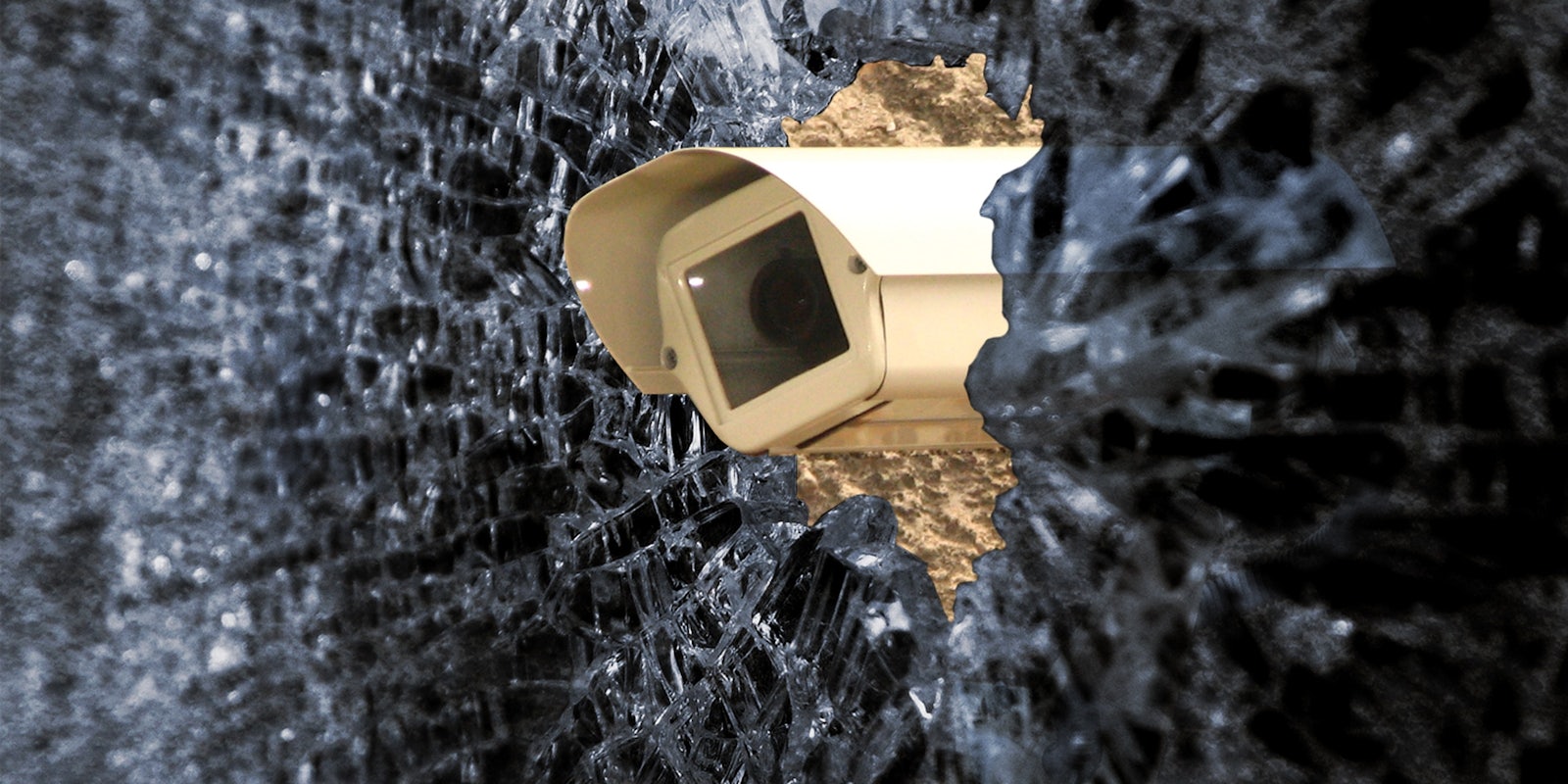Former National Security Agency contractor Edward Snowden has given his first actual interview since passing an enormous cache of agency documents to a handful of journalists in June.
Speaking with the Washington Post‘s Barton Gellman, Snowden had little to say about actual NSA programs, presumably letting those speak for themselves. But he did offer insight into his motivations and daily life, which have been closely guarded since he fled the U.S., got his passport revoked as he was laid over in Moscow, and subsequently accepted year-long asylum in Russia.
Some highlights:
- Don’t confuse his desire to embarrass and fight the agency with wanting to destroy it. He wants to reform it. “I am not trying to bring down the NSA, I am working to improve the NSA,” Snowden said. “I am still working for the NSA right now. They are the only ones who don’t realize it.”
- His laptop prominently featuring EFF and TOR stickers. He mostly eats ramen noodles and chips, and says he doesn’t drink. He spends most of his free time on the Internet, seeing how the world reacts to his handiwork.
- Snowden says he’d brought up his concerns that the NSA was out of control before, but they fell on deaf ears. In October 2012, he said, he called up a program called Boundless Informant, and used it to show two superiors and a group of colleagues that the NSA spied more on Americans than Russians did on their own citizens. [The NSA contests that Snowden ever tried to address his privacy concerns internally.]
- He reiterated that he didn’t bring any physical files with him to Russia, passing them all to those journalists in Hong Kong. “There’s nothing on it,” he said of his laptop. “My hard drive is completely blank.” And there’s no “dead man’s switch,” he said, some system where, if he doesn’t keep checking in, would release sensitive documents in bulk. He noted that if such a mechanism existed, anyone who truly wanted that information could try to kill him. “It wouldn’t make sense,” he told the Post. “That sounds more like a suicide switch.”
- There’s no doubt in his mind that he made the right decision. “In terms of personal satisfaction, the mission’s already accomplished,” he said. “I already won. As soon as the journalists were able to work, everything that I had been trying to do was validated. Because, remember, I didn’t want to change society. I wanted to give society a chance to determine if it should change itself.”
Illustration by Jason Reed


